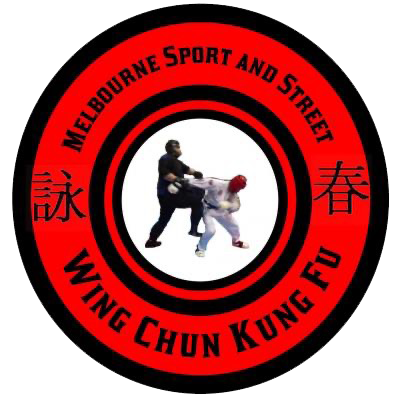Exploring the Stress-Relieving Benefits of Martial Arts
Understanding the Link Between Martial Arts and Stress Relief

Physical Activity for Inner Peace
Engaging in regular physical activity has been scientifically proven to release endorphins, which are natural mood elevators. Fighting styles require physical exertion, whether it’s through practicing techniques, sparring, or performing drills. These activities trigger the release of endorphins, often referred to as “feel-good” hormones, which can help alleviate stress and improve your overall mood.
Mindfulness and Focus
Martial arts emphasize mindfulness and being present in the moment. When you’re focused on executing techniques, practicing forms, or sparring, your mind shifts away from stressors and worries. This mindfulness not only enhances your martial arts skills but also provides a mental break from daily stressors, allowing you to find a moment of peace and clarity.
Release of Tension and Energy
Stress often manifests physically in the form of muscle tension and pent-up energy. The dynamic movements in martial arts help release this tension, allowing your muscles to relax and your energy to flow freely. The controlled execution of strikes and techniques can be an outlet for built-up stress, providing a healthy way to channel your emotions.
The Mental Resilience of Martial Arts
Cultivating Discipline and Resilience
Martial arts training requires dedication and consistent effort. As you progress, you build mental resilience and discipline. This mindset translates beyond the training mat, helping you better cope with life’s challenges and setbacks.
Stress Management Techniques
Martial arts training often includes stress management techniques such as controlled breathing and meditation. These practices teach you how to regulate your breath and clear your mind, promoting relaxation and reducing stress. You can apply these techniques outside of your martial arts practice to manage stress in everyday situations.
Choosing the Right Martial Art for Stress Relief
Mind-Body Harmony in Tai Chi
Tai Chi is a martial art known for its slow, flowing movements that promote relaxation and mindfulness. It’s often referred to as “moving meditation” and is particularly effective for reducing stress and improving mental well-being.
Calming Focus of Aikido
Aikido emphasizes redirecting an opponent’s energy rather than opposing it head-on. This martial art cultivates a sense of calm and control, which can be highly effective in managing stress and maintaining emotional balance.
Balancing Mind and Body in Wing Chun
Wing Chun, a close-range Chinese martial art, focuses on rapid strikes and efficient movements. Its emphasis on centerline theory and simultaneous attack and defense promotes mental clarity and precise execution, contributing to stress relief and inner balance.
Finding Your Personal Balance Through Martial Arts
Martial arts provide a multifaceted approach to stress relief, combining physical activity, mindfulness, and mental resilience. Whether you’re seeking a way to unwind after a long day or looking to build a stronger foundation for your overall well-being, practicing martial arts can be a transformative journey. The key is to find the fighting style that resonates with you and aligns with your goals. As you embark on this path, you’ll discover not only improved physical fitness but also a newfound sense of inner peace and resilience.

